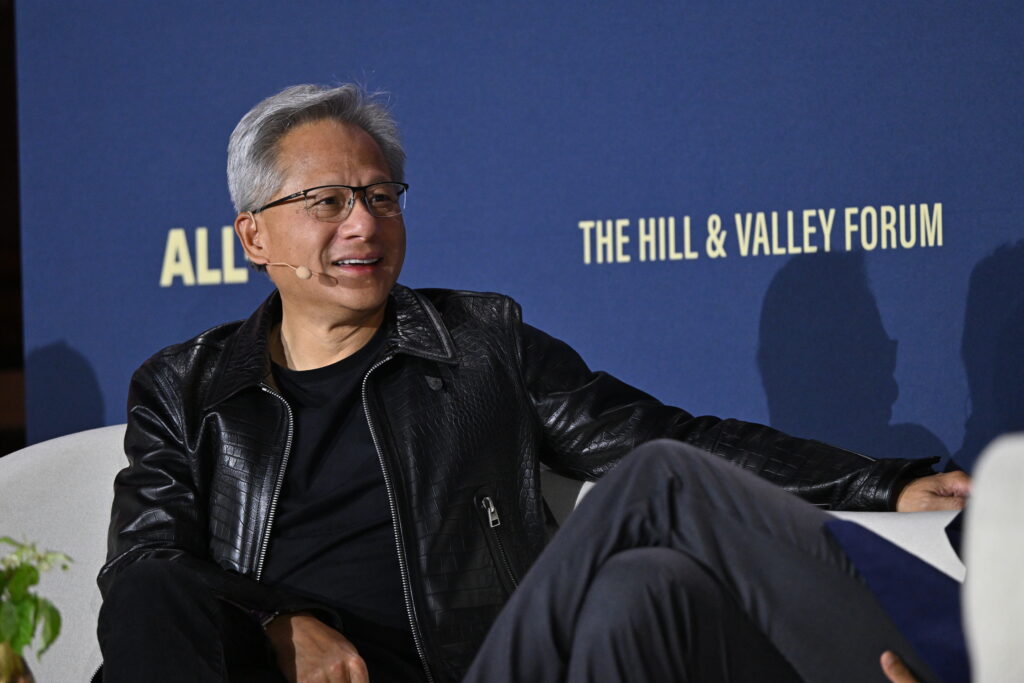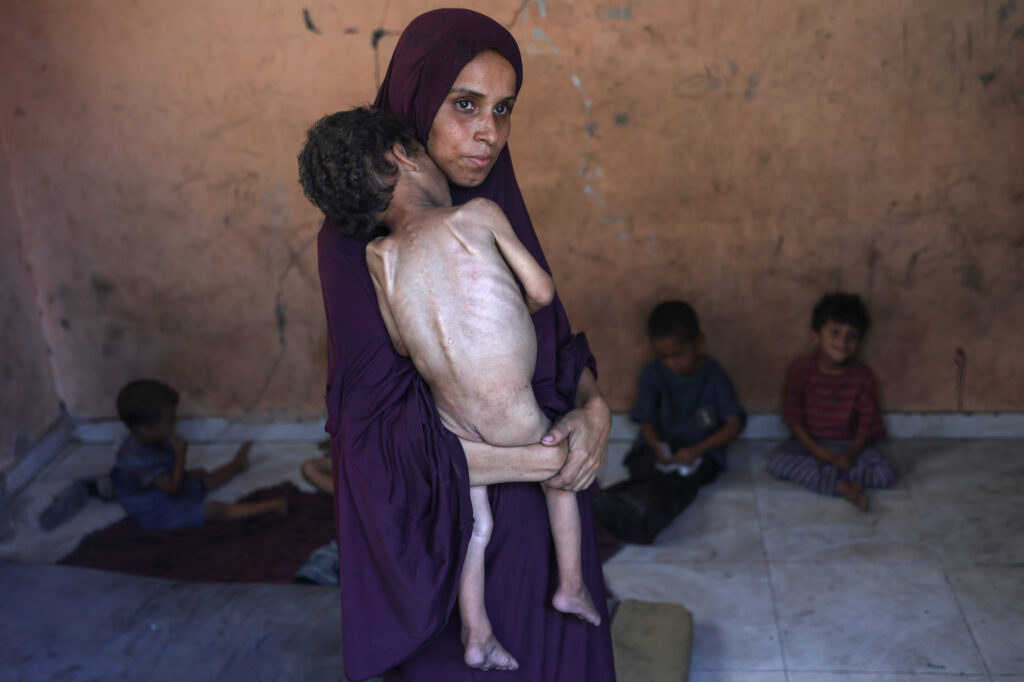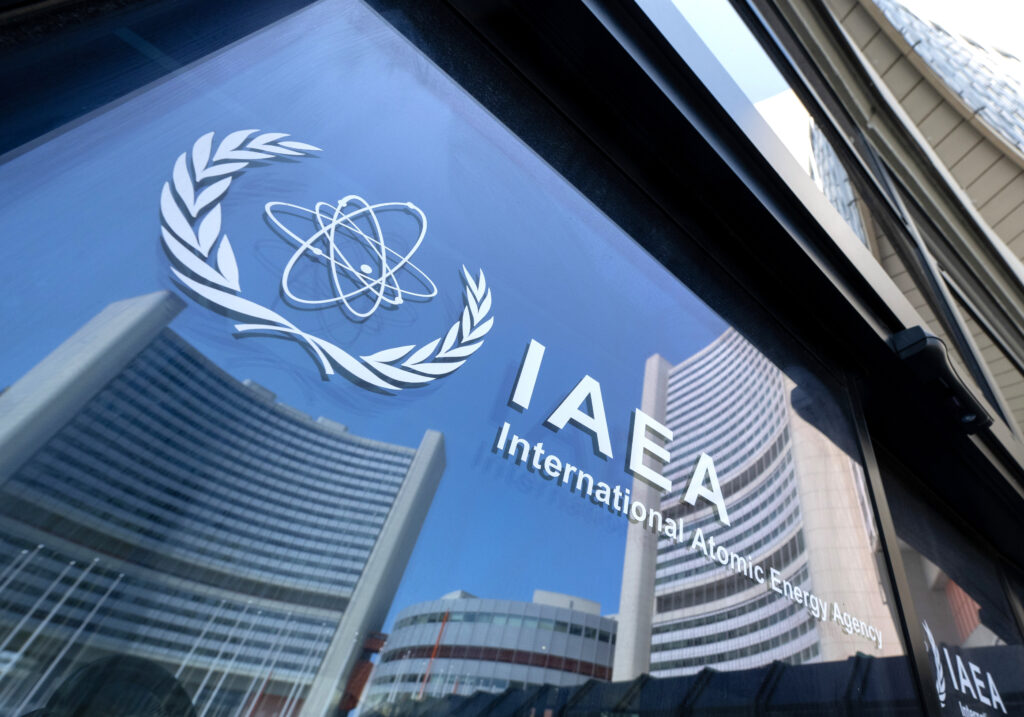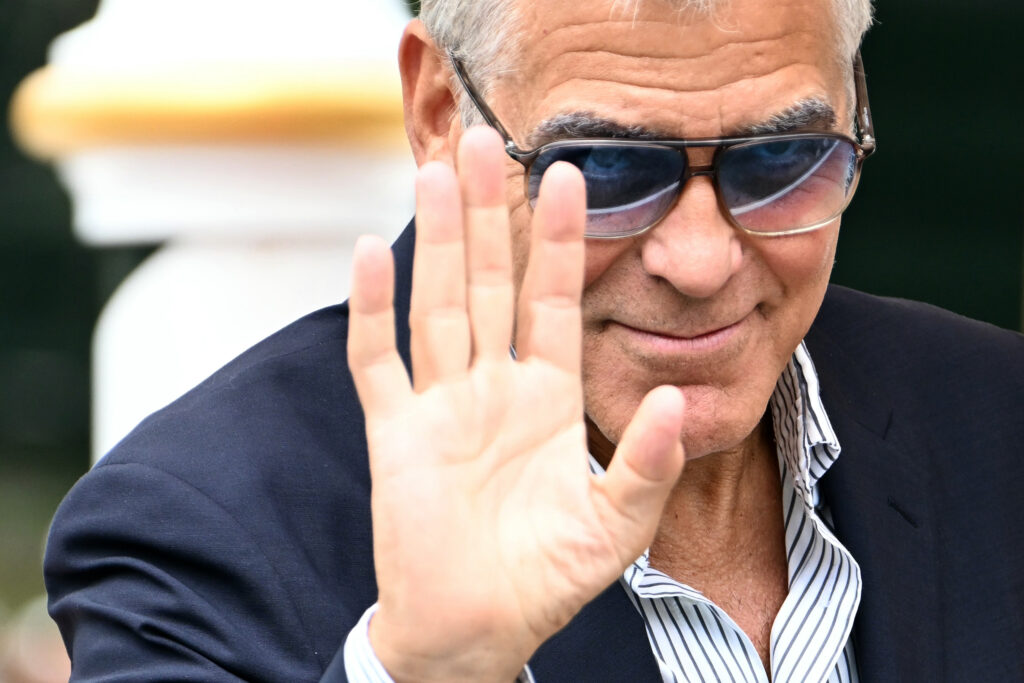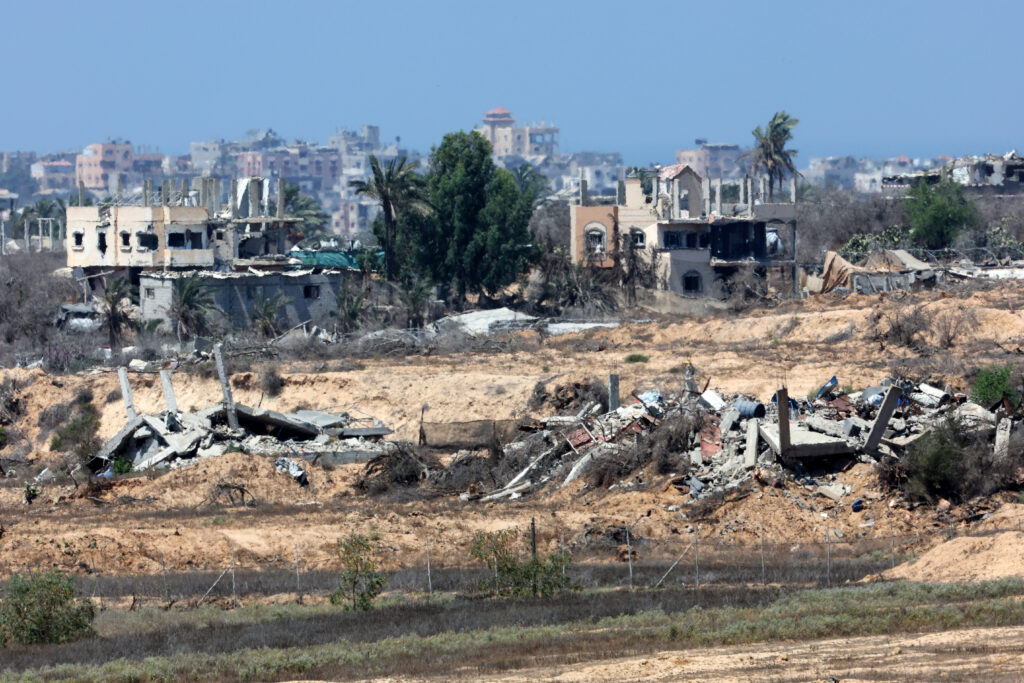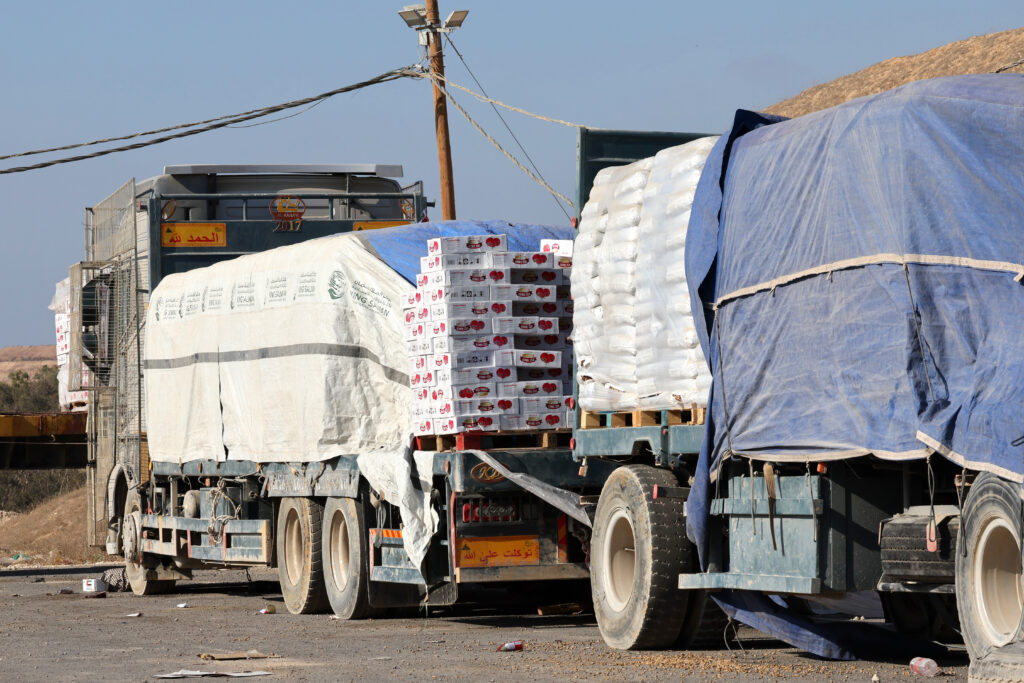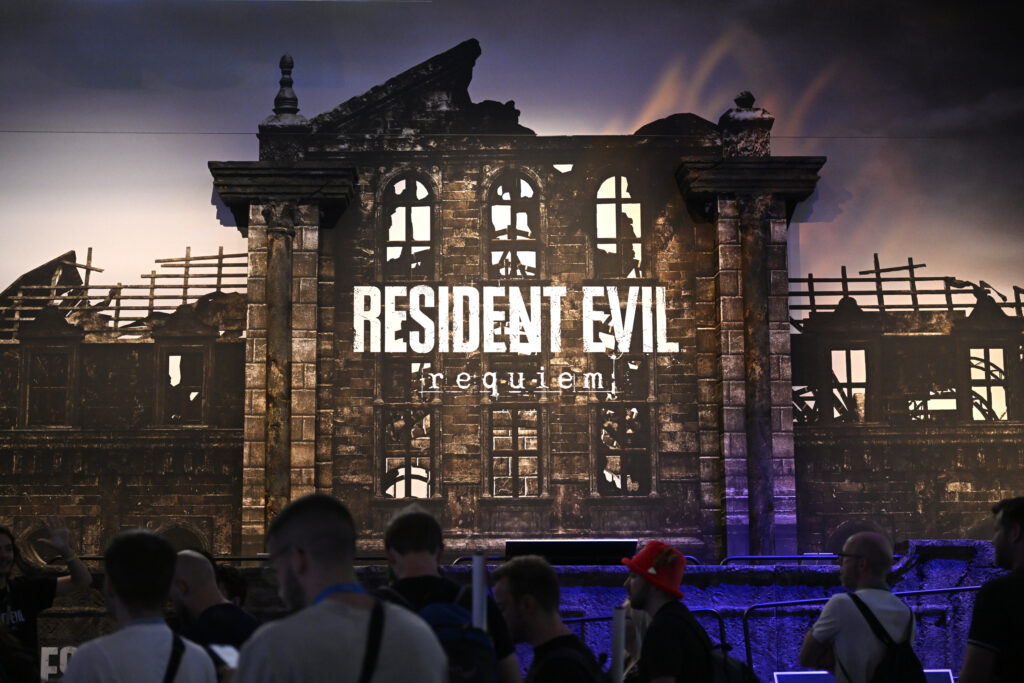The Israeli military pressed operations around Gaza City on Wednesday, as President Donald Trump prepared to host a White House meeting on post-war plans for the shattered Palestinian territory.Israel is under mounting pressure both at home and abroad to end its almost two-year campaign in Gaza, where the United Nations has declared a famine.Mediators have circulated a truce proposal which has been accepted by Palestinian militant group Hamas, whose October 2023 attack triggered the devastating war. But Israel has yet to give an official response.On the ground, Gaza’s civil defence agency said Israeli strikes and gunfire on Wednesday killed at least 38 people, including 16 in Gaza City.The Israeli military, which is preparing to conquer Gaza City, said troops were operating on the outskirts of the territory’s largest city “to locate and dismantle terror infrastructure sites”.As aid groups have warned against expanding the Israeli offensive, the army’s Arabic-language spokesman, Avichay Adraee, said on X that Gaza City’s evacuation was “inevitable”.The vast majority of the Gaza Strip’s population of more than two million people have been displaced at least once during the war.In Jabalia, just north of Gaza City, resident Hamad al-Karawi said he had left his home after a message broadcast from a drone ordered people to evacuate immediately.”We scattered out onto the streets with no place or home to take refuge in,” he told AFP.The UN estimates that nearly a million people currently live in Gaza governorate, which includes Gaza City and its surroundings in the north of the territory.- ‘Death follows you’ -Donald Trump’s special envoy Steve Witkoff said the US president would host top officials at the White House later on Wednesday to thrash out a detailed plan for post-war Gaza.”It’s a very comprehensive plan we’re putting together,” Witkoff told Fox News, without offering more details.Trump stunned the world earlier this year when he suggested the United States should take control of the Gaza Strip, clear out its inhabitants and redevelop it as seaside real estate.Israeli Prime Minister Benjamin Netanyahu praised the proposal which sparked a global outcry.In Gaza City’s Zeitoun neighbourhood on Wednesday, residents reported heavy Israeli bombardment overnight.”Warplanes struck several times, and drones fired throughout the night,” said Tala al-Khatib, 29.”Some neighbours have fled… But wherever you flee, death follows you,” she said.AFP footage showed thick smoke rising into the sky following air strikes on parts of Gaza City.Defence Minister Israel Katz vowed on Friday to destroy the city if Hamas does not agree to end the war on Israel’s terms.Zeitoun resident Abdel Hamid al-Sayfi, 62, said he had avoided going outside for more than 24 hours.”Whoever steps outside is fired upon by the drones,” he told AFP by telephone.Media restrictions in Gaza and difficulties in accessing many areas mean AFP is unable to independently verify the tolls and details provided by the civil defence agency or the Israeli military.- Stalled negotiations -Days after a UN-backed monitor said famine was present in Gaza governorate, Israel on Wednesday called on the Integrated Food Security Phase Classification Initiative (IPC) to retract the report, arguing it was “fabricated”.The United Nations has blamed the famine on “systematic obstruction” of humanitarian deliveries by Israel, which has insisted it was allowing sufficient aid into Gaza.Last week, Netanyahu said he ordered immediate negotiations aimed at securing the release of all remaining captives, while also doubling down on the plan to seize Gaza City.Out of 251 hostages seized during Hamas’s 2023 attack, 49 are still held in Gaza, including 27 the Israeli military says are dead.Key mediator Qatar said on Tuesday it was still “waiting for an answer” from Israel on the latest ceasefire proposal, which would see the staggered release of hostages in exchange for Palestinians in Israeli custody over an initial 60-day truce.Witkoff in his interview accused Hamas of having “slow-played” the negotiations process, a claim dismissed by Izzat al-Rishq, a senior official from the Palestinian group who said the US envoy was echoing “Netanyahu and his government of war criminals”.The Hamas attack that sparked the war resulted in the deaths of 1,219 people, mostly civilians, according to an AFP tally based on Israeli figures.Israel’s retaliatory offensive has killed at least 62,895 Palestinians, most of them civilians, according to figures from the health ministry in Hamas-run Gaza that the United Nations considers reliable.
